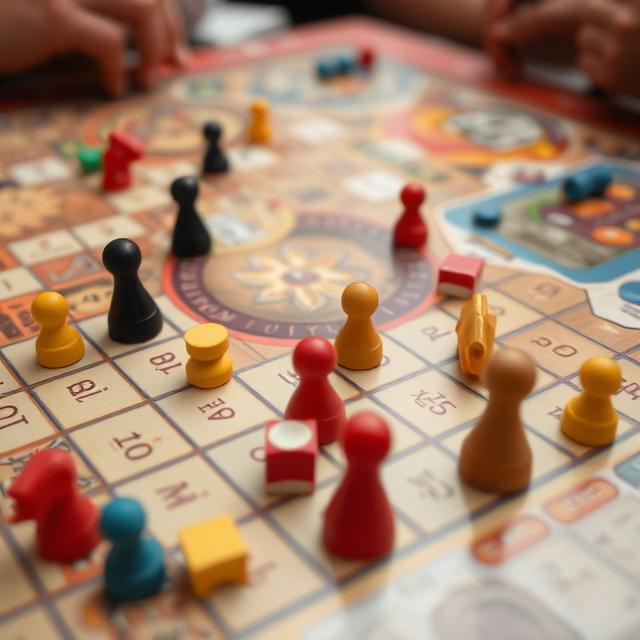Tabletop games have long been a platform for social interaction, serving as a space where individuals can connect, collaborate, and compete. These games offer a unique opportunity for face-to-face interaction that digital games often cannot replicate. In an era where digital communication often dominates, board games encourage people to gather in person and engage with one another on a more personal level.
One of the most significant aspects of tabletop games is their ability to bring people together. Whether it’s a group of friends meeting weekly to play Dungeons & Dragons or a family gathering for a game of Monopoly, these games create shared experiences and memories. As players work together in cooperative games like Pandemic, or engage in competitive play through games like Catan or Carcassonne, they are building bonds, learning about each other’s strategies, and developing a sense of camaraderie.
Board games also have a unique ability to transcend generational divides. Games like Chess, Scrabble, and Yahtzee are enjoyed by people of all ages, allowing families to play together, regardless of the age gap. This helps bridge generational differences, encouraging intergenerational communication and understanding.
Moreover, board games create communities of like-minded individuals who share an interest in certain genres or mechanics. Local game stores and conventions often serve as hubs for these communities, where people can connect, participate in tournaments, and engage in discussions about game strategies. The tabletop gaming community fosters a sense of belonging, where everyone, from beginners to seasoned players, can find a space where they feel accepted and appreciated.
Through shared experiences, strategic thinking, and friendly competition, tabletop games have consistently provided a foundation for building and maintaining strong social connections, allowing people to form lasting friendships and communities.

Leave a Reply